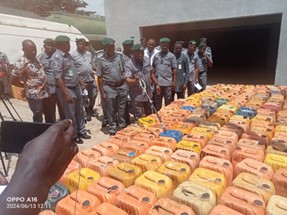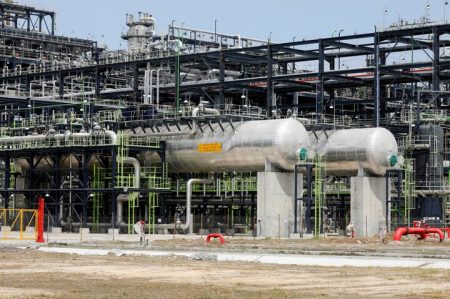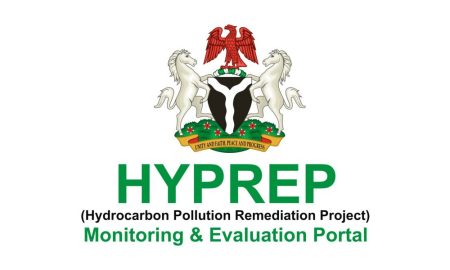03 October 2012, Sweetcrude, Lagos – “Happy Independence brother,” the man in the yellow raincoat greeted the hooded figure on the muddy riverbank.
The figure turned slowly, a frown on his face and then, recognising the figure in the yellow raincoat, broke into a friendly, “Happy Independence to you, Comrade!”
“Hey, I believe there was a trace of sarcasm there.”
“Eh, sarcasm ke. Would I know it if it was standing in my face?”
And then in unison they jumped into the air, landed evenly and facing each other kicked their knees and ankles into the air. It was the variant of a Zulu dance native to the Ogoja hinterland in Cross Rivers State. These are no natives of Ogoja; yellow raincoat is the son of an Andoni fisherman and his comrade is from the coastal community of Kula, an ancient Kalabari-Ijaw settlement. He is a trained engineer. Exhausted by the very physical dance, they lay panting together, enjoying heavy puffs of laughter, unmindful of the drizzling rain or the mud soiling their garments.
“So what is happening in Nigeria these days?” Yellow rain coat demanded at last, his face discoloured by the mixture of rain, tears and fresh mud.
“Oh,” the engineer struggled to a sitting position, “they are debating some inanity they call PIB, really classy, a very Nigerian project, thrills, frills, drills. No substance.”
“Someone said they are also considering attacking us to make us account for the amount of crude we export daily.”
“I don’t believe you Comrade but remind me at the Joint Council meeting tomorrow to move a motion increasing our donations to Boko Haram. Nigerians need another distraction.”
“What about organising a shut-in here to shut down their industries?”
“No, brother. That will be too melodramatic. Nigerians know that our independence from them is irreversible. We produce more from these crude refineries than their apoplectic efforts in those dying kilns, we stabilise regional oil prices and ensure continuity in supplies to their industries. We are indispensable to Nigeria.”
“So what do you say about paying some royalties or some kind of tax to them. I hear Shell and the other IOCs are stifling them with unbelievable bills.”
“Please listen Comrade, we must stay focussed and united. For decades Nigerians came into our homes and exploited the terrain for every project except the development of our homeland. They destroyed our peace, burnt our trees, dried up our creeks and raped our dreams. Their activities here were so intrusive we lost even the ability to think or to plan a strategy for our independence. Then, by the stroke of chance, the political class in our region neglected to disarm the remnants of a political campaign. Confused first as to the potency of the arms they bore, they faced each other with them and then, like daylight stealing upon doom-like darkness, the idea fell upon the boys that they could cause enough confusion to distract the Nigerian authorities while they participated in the looting of nature’s bounty within their boundaries. And so the war of the Delta drew shadows over the faculties of Nigeria’s policy makers until the accountants realised that something else was happening to the Nigerian system apart from the war.
“As you know, the authorities got smart and invited the chiefs among the warmongers into amnesty, luxury and contracting. Apart from contracts to monitor pipelines and the amnesty programme, these boys, predominantly illiterate were appointed cashiers, bursars and paymasters over the millions of penitents who had borne more arms and faced more campaigns than the contractors.
“Then as well as Nigerian projects go, someone neglected to find out if the cashiers, bursars and paymasters were getting across to the end of the line; Nigerians did not bother to demand from the contractors why they lived permanently in Ikoyi, Maitama and the VGC without visiting their homes in the Niger Delta.
“And while the romance between the government and the former warlords flourished in its false security, a wastrel in the region, a discarded nonentity by all who should have cared, designed the Niger Delta in the same lines as Lesotho in South Africa and the illegal oil refining business as a sore pimple that could redefine the contours of a beautiful face if disturbed. Don’t ever be deceived, if the authorities in Nigeria could undermine our operations without collateral damage to key investments and assets, they won’t hesitate within the consideration of a minute. Let Nigerians rue their neglect that has been compounded for them. We are independent!”




